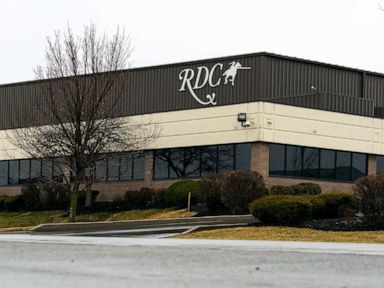
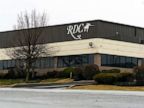

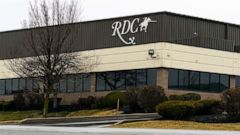
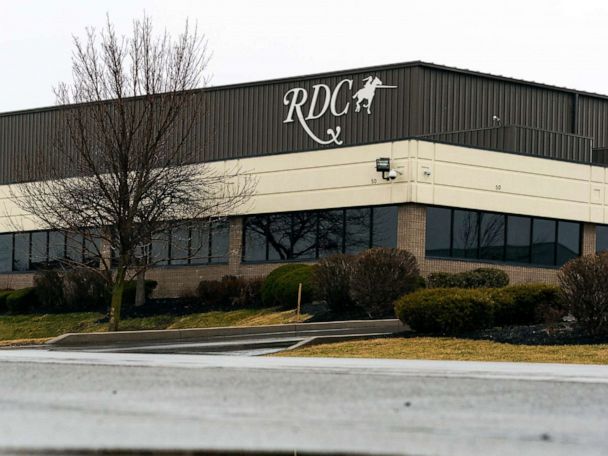
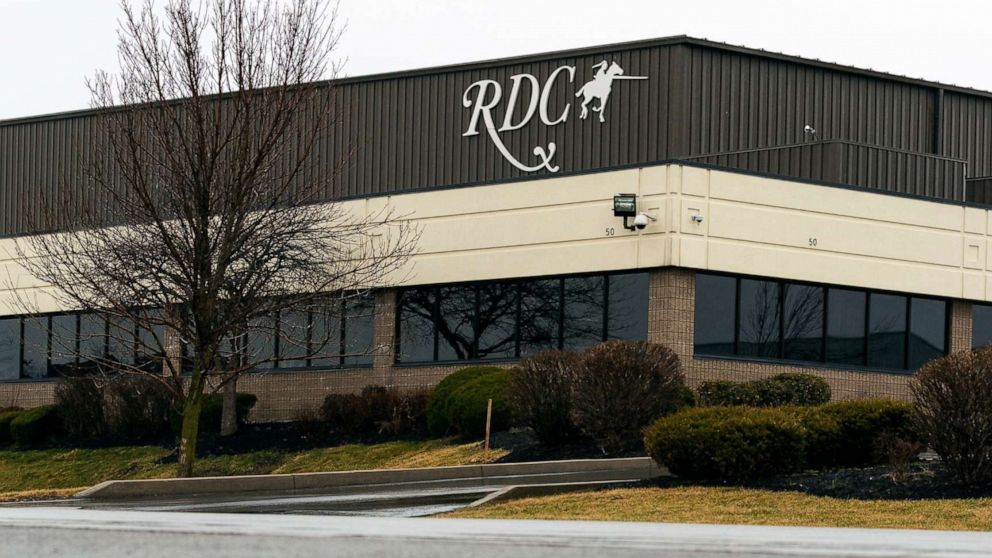

Federal prosecutors charged drug distributor Rochester Drug Cooperative and its former CEO with drug trafficking charges Tuesday — the first criminal charges for a pharmaceutical company and executives in the nation’s ongoing opioid crisis.
The charges signify a groundbreaking move by the government to try to combat the opioid epidemic, which kills 130 Americans every day, according to the Centers for Disease Control and Prevention. For the first time, a pharmaceutical company and white collar executives were charged like street dealers and traffickers.
“This prosecution is the first of its kind: executives of a pharmaceutical distributor and the distributor itself have been charged with drug trafficking, trafficking the same drugs that are fueling the opioid epidemic that is ravaging this country. Our Office will do everything in its power to combat this epidemic, from street-level dealers to the executives who illegally distribute drugs from their boardrooms,” U.S. Attorney Geoffrey S. Berman said in a statement.
The U.S. Attorney’s Office for the Southern District of New York charged Rochester Drug Cooperative (RDC), one of the country’s largest distributors of opioids, with “knowingly and intentionally” violating federal narcotics laws “by distributing dangerous, highly addictive opioids to pharmacy customers that it knew were being sold and used illicitly,” according to a press release.
RDC was also charged with failing to properly report thousands of suspicious orders of oxycodone, fentanyl and other controlled substances to the Drug Enforcement Agency (DEA), officials said.
The DEA has been investigating for years whether RDC failed to comply with pharmaceutical reporting laws. The company has previously paid to resolve claims it failed to properly report the theft of opioids.
According to court records, from 2012 through 2016, RDC filled more than 1.5 million orders for controlled substances from its pharmacy customers, but reported just four suspicious orders to the DEA. In reality, there were at least 2,000 suspicious orders in those four years, federal prosecutors said.
Despite being briefed by company employees, top executives allegedly ignored “red flags” like cash payments and customers traveling from out of state to buy opioids.
“Today’s charges should send shock waves throughout the pharmaceutical industry reminding them of their role as gatekeepers of prescription medication,” DEA Special Agent in Charge Ray Donovan said in a statement. “DEA investigates DEA Registrants who divert controlled pharmaceutical medication into the wrong hands for the wrong reason. This historic investigation unveiled a criminal element of denial in RDC’s compliance practices, and holds them accountable for their egregious non-compliance according to the law.”
In the opioid industry, RDC is a middleman that buys controlled substances from manufacturers and sells them to individual pharmacies. As one of the nation’s 10 largest drug distributors, it delivered to more than 1,300 pharmacies and took in over $1 billion in revenue during the relevant five-year period, officials said.
RDC agreed to a non-prosecution consent decree and agreed to pay a $20 million penalty. It will be monitored by the government for the next five years.
“We made mistakes,” Jeff Eller, a company spokesperson said in a statement. “RDC understands that these mistakes, directed by former management, have serious consequences.”
“One element of the opioid epidemic is a dramatic increase in the volume of prescriptions for opioids and all narcotics,” the RDC statement continued. “With that dramatic volume increase came an increase in our business, resulting in an increase in orders we should have identified as suspicious order, which we failed to report to DEA.”
The company’s former chief executive, Laurence Doud III, surrendered to federal agents and appeared in Manhattan federal court late Tuesday. He was handcuffed and wore a dark suit as he was led up the stairs of the courthouse by federal agents.
Doud, 75, of New Smyrna, Florida, was charged with one count of conspiracy to distribute controlled substances and one count of conspiracy to defraud the United States. He faces a minimum of 10 years, if convicted.
Separately, William Pietruszewski, 53, RDC’s former chief of compliance, pleaded guilty earlier this month to participating in a narcotics distribution conspiracy from January 2012 to March 2017. He also pleaded guilty to conspiracy to defraud the United States and one count of willfully failing to file suspicious order reports with the DEA.
He has agreed to cooperate with the investigation.
Prosecutors say RDC employees told Doud and Pietruszewski that some of the company’s customers were “very suspicious,” and went so far as to describe some pharmacy clients as a “DEA investigation in the making” or “like a stick of dynamite waiting for [the] DEA to light the fuse.”
But in the relevant five year period, RDC, under Doud’s leadership, increased its sales of oxycodone and fentanyl “exponentially,” prosecutors said.
“From 2012 to 2016, RDC’s sales of oxycodone tablets grew from 4.7 million to 42.2 million – an increase of approximately 800 percent – and during the same period RDC’s fentanyl sales grew from approximately 63,000 dosages in 2012 to over 1.3 million in 2016 – an increase of approximately 2,000 percent. During that same time period, Doud’s compensation increased by over 125 percent, growing to over $1.5 million in 2016,” the U.S. Attorney’s office said.
RDC was also among the drug distributors named last month in a civil lawsuit by the New York Attorney General’s office, which alleged fraud, willful misconduct and gross negligence.
Between 2010 and 2018, the company sold more than 143 million oxycodone pills to customers in New York alone, the state’s attorney general’s lawsuit said.
“At this time, it would not be appropriate to comment on ongoing litigation,” Eller told ABC News in a statement.
Opioid manufacturers are facing over 1,700 lawsuits over their role in the current crisis. Paul Hanly, co-lead counsel for the plaintiffs in the federal litigation, which he said includes 2,000 cases, welcomed the move by U.S. prosecutors.
“The charges make the civil case against RDC easier to try and provide a potential road map to evidence that may prove the civil claims against other distributors,” Hanly told ABC News on Tuesday.

